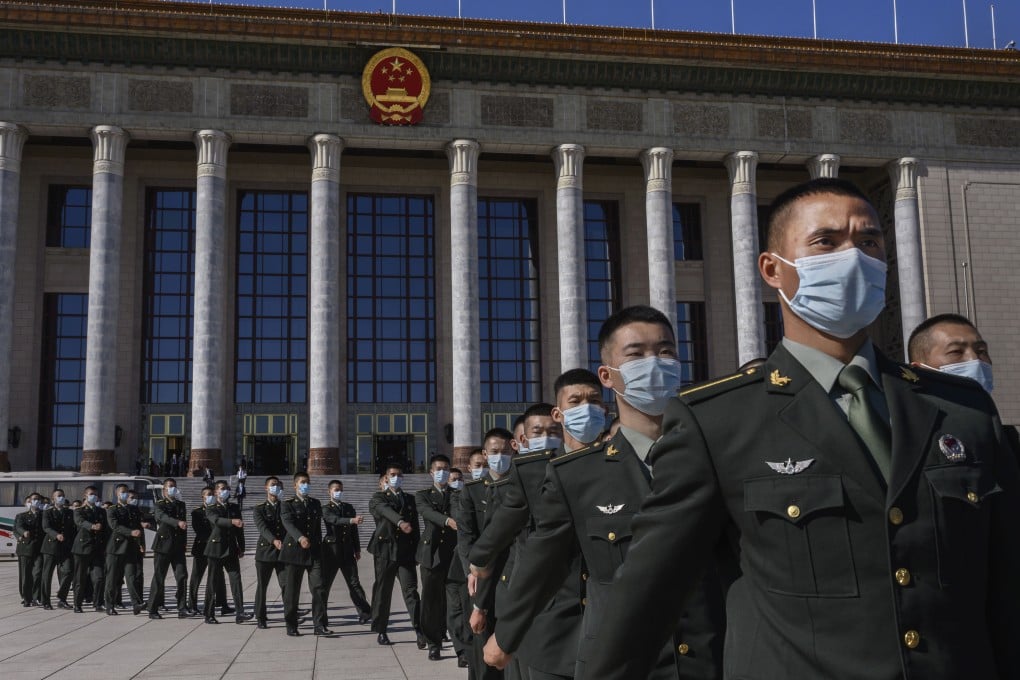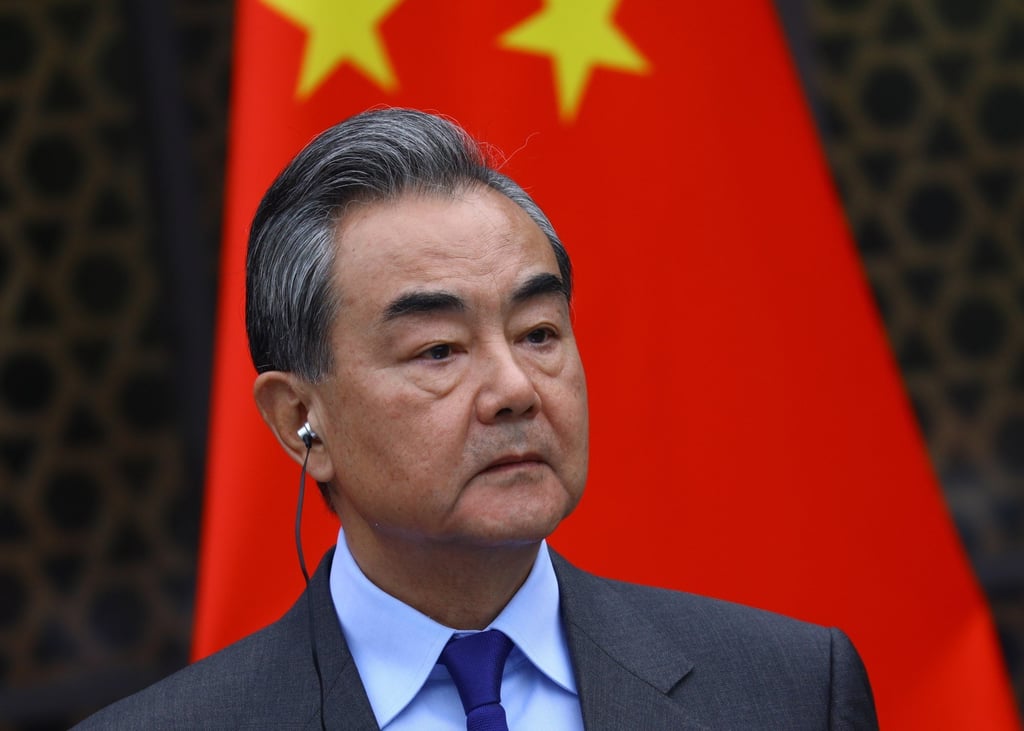China opens new front in national fight against spy threats
- Ministry of State Security is identifying key entities – firms, groups, government departments – to help protect state secrets
- New regulation allows national security apparatus to install devices where needed or dismantle devices and hardware where necessary

Once included on a list, the entity must conduct counter-espionage vetting and training for all personnel with access to secrets, the regulation said. Those personnel must sign non-disclosure agreements before taking on their jobs.
In these organisations, counter-espionage training is required before any worker leaves on an overseas trip. Personnel returning from abroad must be interviewed on national security grounds, according to the new rules.
The document released on Monday contains the first counter-espionage working regulations at a national level and across different sectors in China. It covers government departments, social groups and companies and requires more regular effort to maintain national security education across the country.

The new regulations announced on Monday were a response to the increasing “infiltration” and espionage targeting China, state news agency Xinhua quoted an MSS spokesman as saying.
